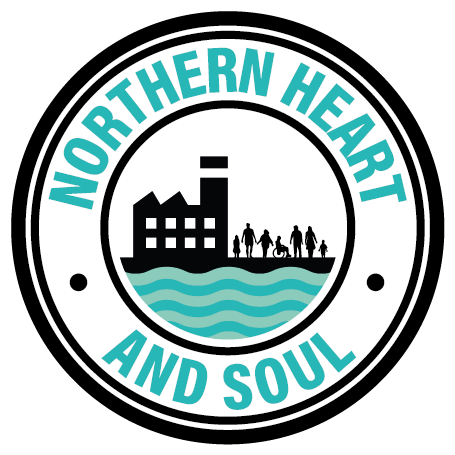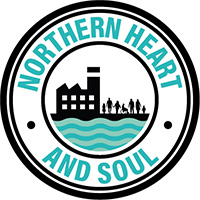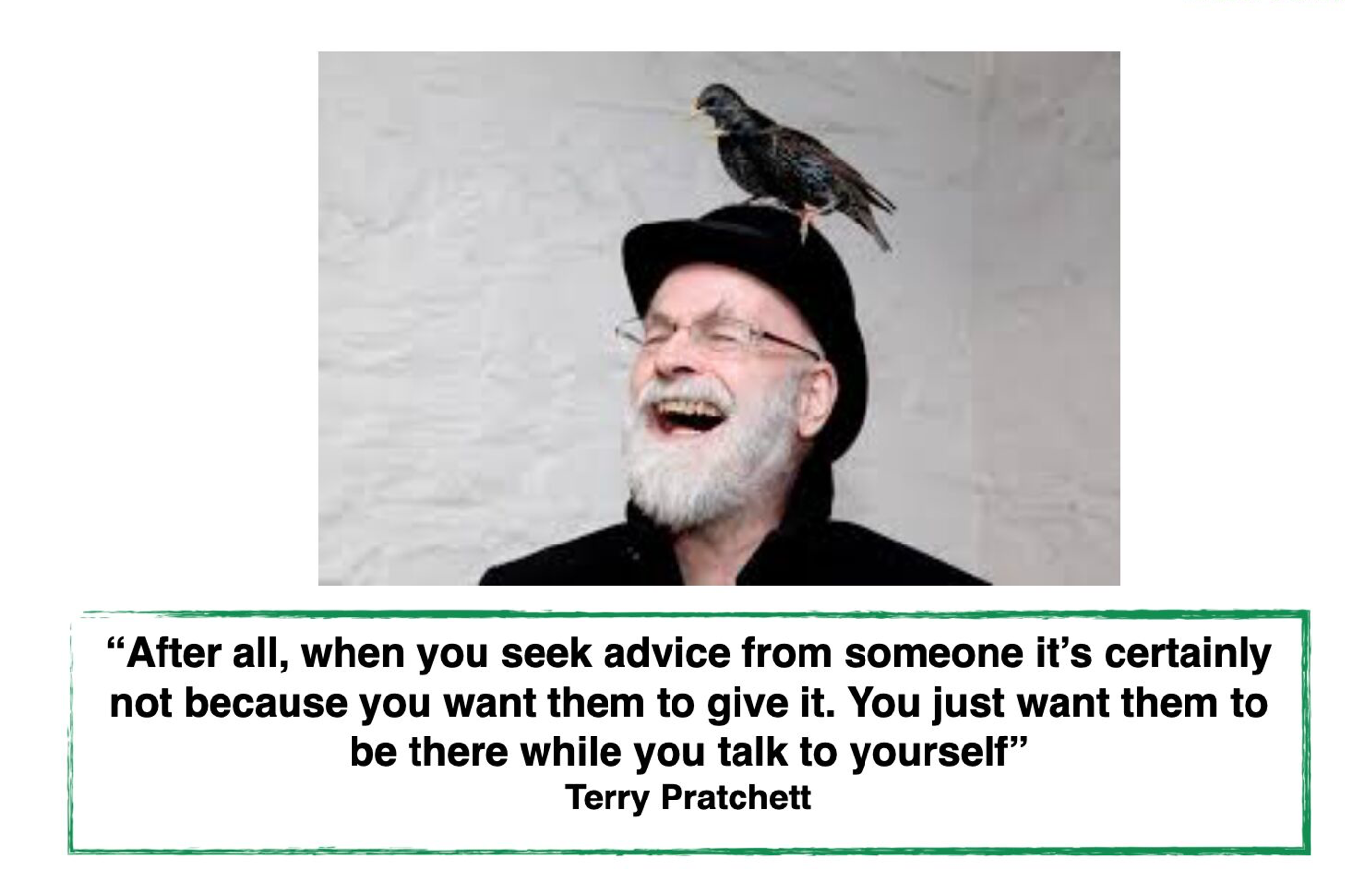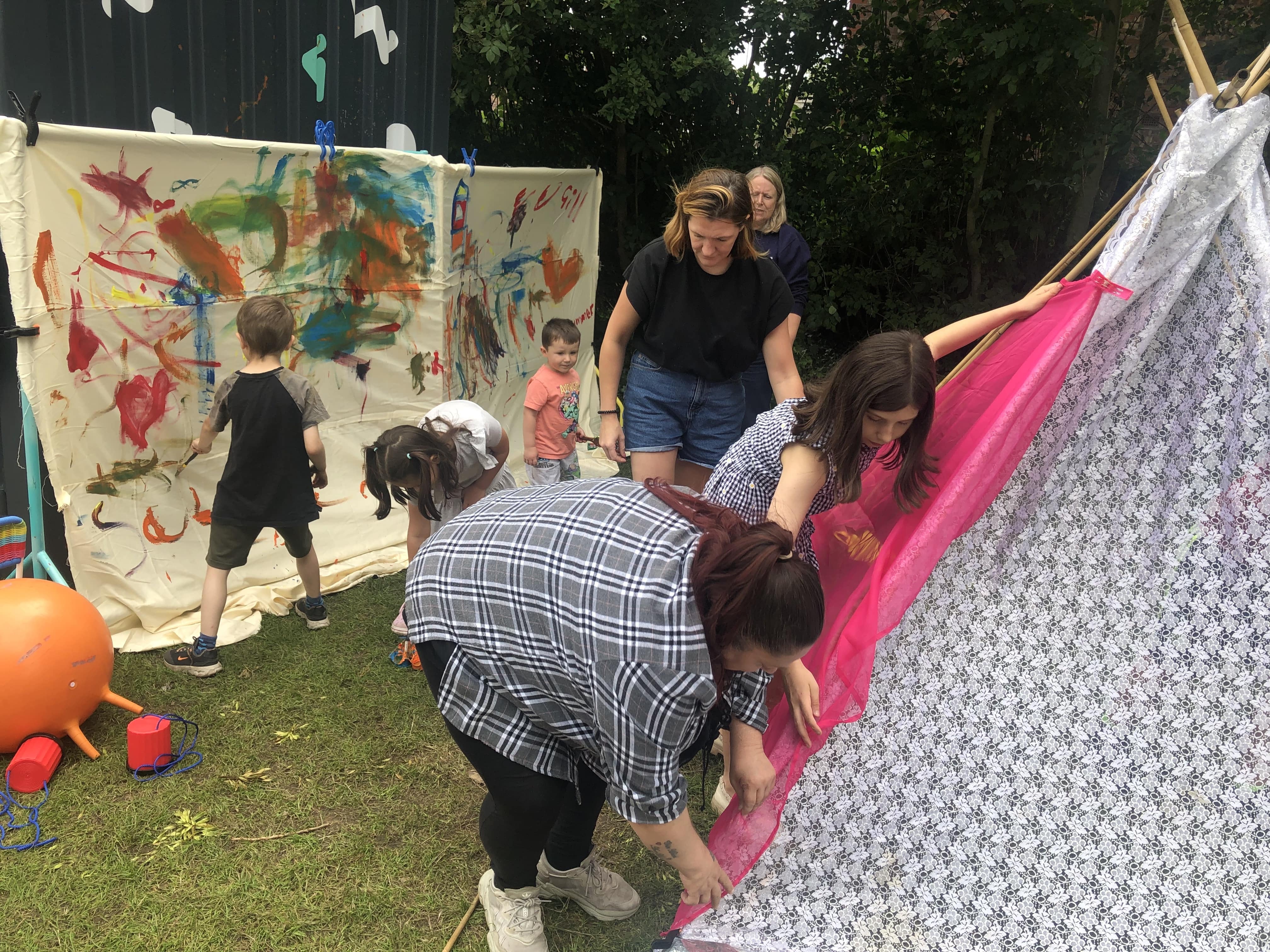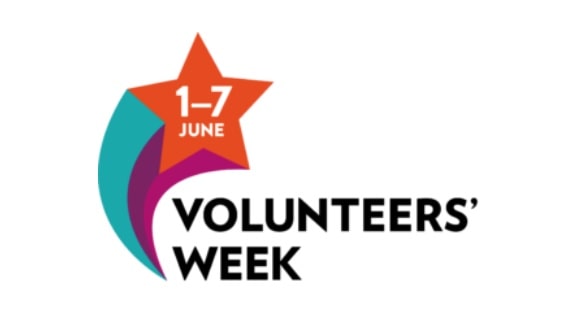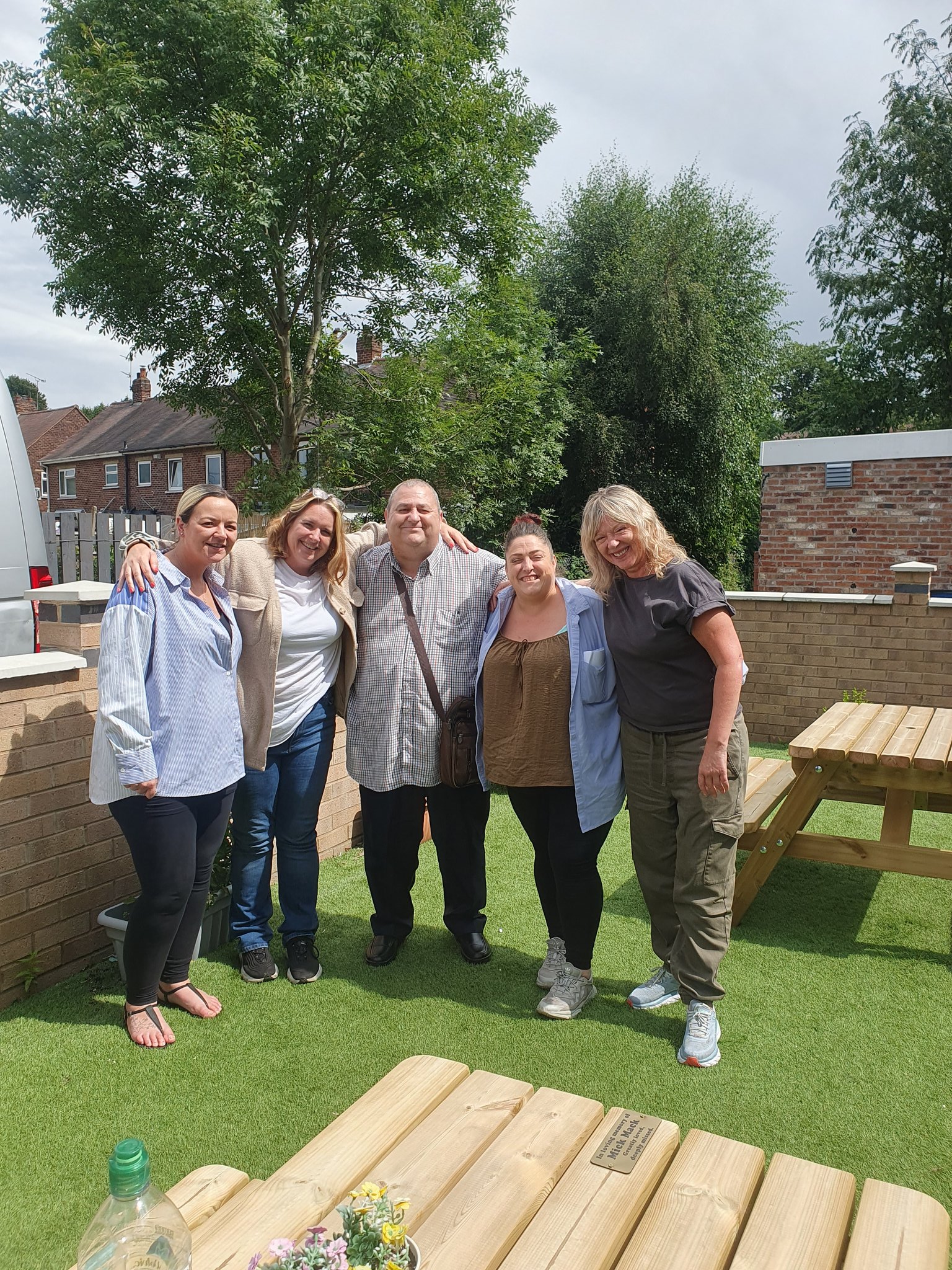
Peer Support and Mutual Care
It’s no secret that the part of the community that the Playbox is living in has experienced a lot of loss of late. Too many have been lost to suicide and too many have been lost to premature deaths, leaving children behind.
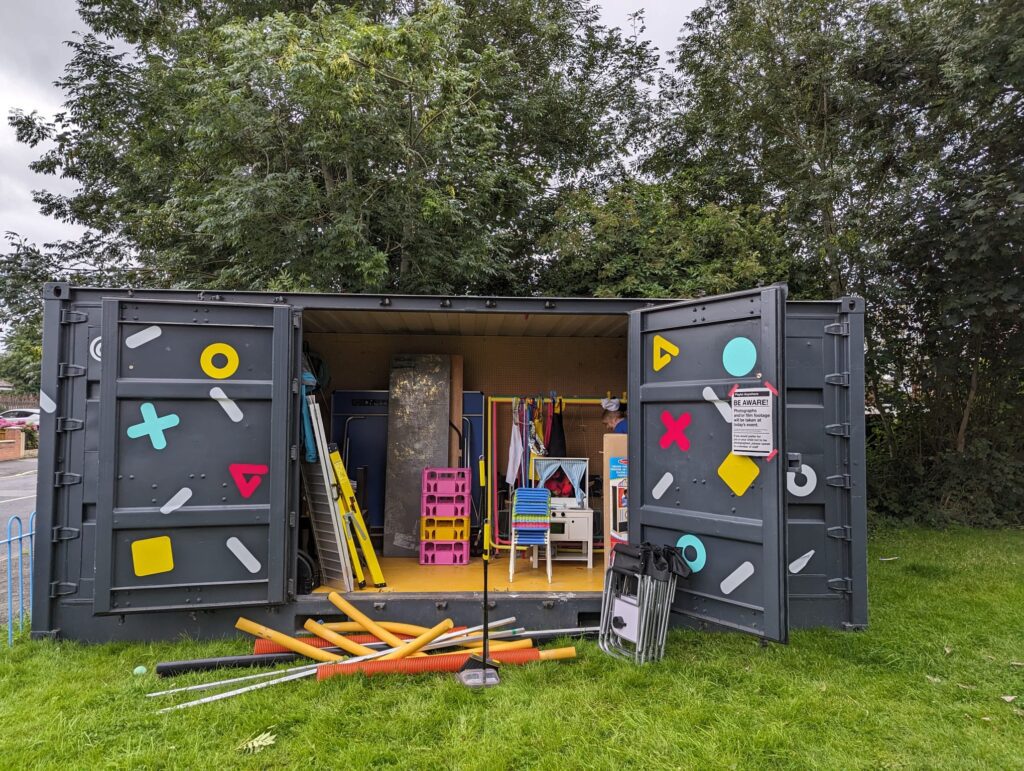
Many are saved too, supported by this often unseen network of care in the community. I know, because I’m rooted here, that whilst many are lost, more choose life. They receive the care that makes them feel it’s worth staying around. Community members rally around in solidarity with someone who is thinking of leaving us. Often at 3am in the morning. That’s a form of peer support. That’s what took us off to visit The People Support Group in Doncaster, where we were generously hosted by Glyn Butcher, and had our socks blown off.
Sometimes, here, in parts of this community, you can feel the collective grief in the air. I suppose that’s why people from the community want to take action and do something about it.
Glyn offers,
“When someone dies of suicide why do we think, what could I have done?
What does it say about me that they couldn’t come and speak to me?
Am I such a terrible person that I’m so unapproachable?
The reality is the questions you ask yourself are not true.
It’s just that the person for what ever reason only known to them, made the choice they made and took the path they took.
It doesn’t stop us being angry with the person for not coming to us and allowing us to stop them, to talk to them, to change their minds.
We think we could have saved them but sadly they don’t want to be saved or they would have come to us and events would never have got to this stage.
The reality is we will never understand the choices people make when it comes to suicide because they weren’t our choices.
What we have a choice of now, is how we want say goodbye, how we want to remember them and how we celebrate the legacy they have left behind.”
Providing spaces in every community for people to get together, to talk and for mutual and peer support feels essential. And learning from the way that many communities self organise around grief and loss has much to teach systems.
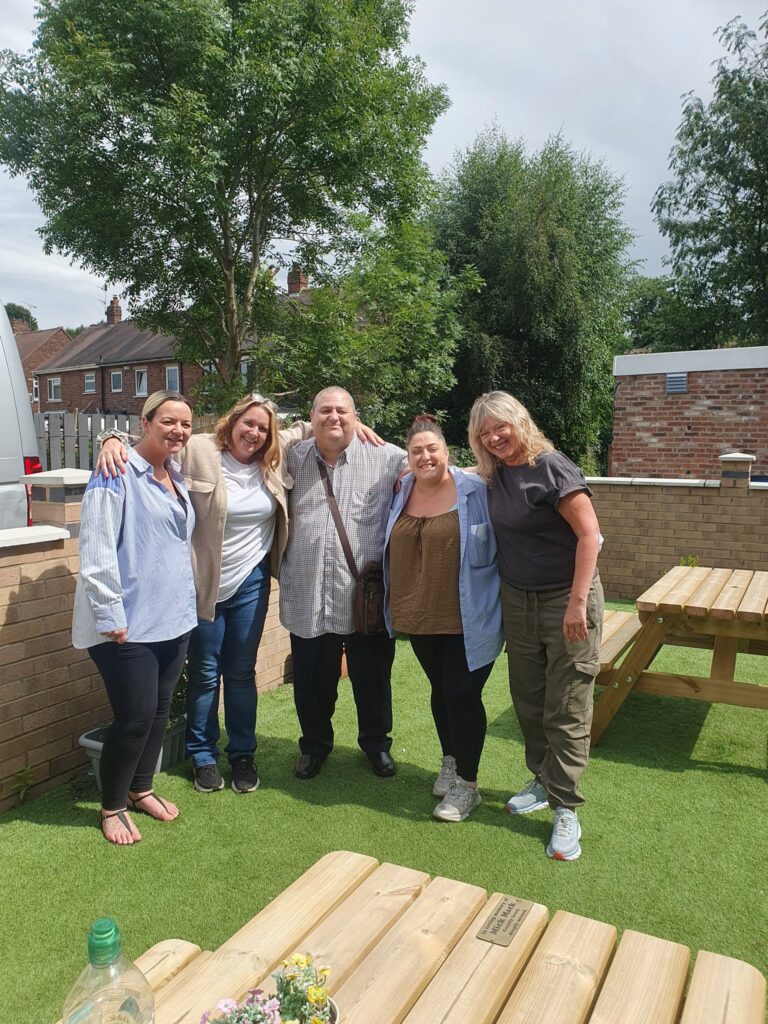
Yet in the distanced rooms where decisions are made, the pen holders hold fears of peer support that often get in the way of enabling communities to fulfil their role. Supporters are often lone voices, finding themselves falling back on strategies of persuasion, rather than demonstration, and very often compromising, in favour of the dominant institutions. Common fears include, safeguarding, capability and trust. There are worries about the perceived different levels of training required. They try to organise support into layers. ‘This is where you go when you’re in crisis, this is where you go when you’re feeling a little better.’ Sort humans like tins of soup or beans on a shelf.
Those who truly understand and know communities, know too that that’s not the way communities work.
What if instead of acting like over protective parents, we acknowledged that communities are already doing this work, day in, day out. And holding, and sometimes numbing, the collective pain and trauma. What might happen if we inquired with intention and curiosity, like this, about what’s already happening, in every neighbourhood and get alongside communities. Make the invisible visible, and then support natural community systems in their everyday work. Resource them and provide professional support on tap, not on top, once the work of community is done? Would that be useful and helpful for everyone?
We know it’s possible as The People Focussed Group (PFG) in Doncaster are doing it. Standing firm in their belief that peer support belongs in communities, not institutions.
As Glynn our generous visit host says,
‘We are a peer support organisation, and our tagline is get a life not a service. We believe in the power of community and believe that’s where recovery begins, not in services.
We work from a person centred and community centred approach believing people and communities have the answers to their own problems and need services to walk beside people, not to do things for people, or to people but with people.”
And the proof is in the pudding if you take a good look. They’ve demonstrated and are continuing to demonstrate. So, let’s learn from it, not scale it, or copy and paste it, but explore the conditions and trust that enabled it.
We’re hoping to form a mentoring relationship with The People Focussed group that enables us to to walk this path in this community. And demonstrate that when you move away from fear and towards trust, possibility and solidarity all kinds of wonderful creations emerge in community. Maybe we should form a mentoring community?
Glyns message to Adult Social Care, NHS And Mental Health Services is, “Keep Your Hands Off Peer Support, It Belongs In Communities Not In Services. Peer Support Is Not For Sale.”
If that message rings true to you then Glynn extends a warm invitation to visit them to see the power of peer support in action at The Wellness Centre 45 Montrose Avenue Intake Doncaster DN2 6PL 01302 618507. I for one, would recommend it.
And PFG Doncaster doesn’t just think about peer support across the communities of Doncaster. PFG was a founding member of a global movement for peer support and citizenship – Citizen Network. It’s free to join Citizen Network and Citizen Network is connecting people around the world on our shared journey to citizenship and community. It help links people, groups and build movements for change, like the Neighbourhood Democracy Movement. It also has a rich library of resources including many writings about PFG or other kinds of peer support.
